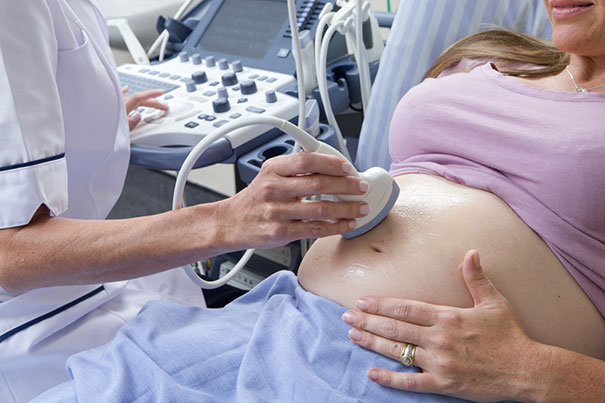
What Is Pre-Eclampsia and How to Manage It
Pre-eclampsia is a rare, serious condition that is important to watch out for during pregnancy, particularly if you have one of the known risk factors. If you are wondering how common pre-eclampsia is, it might help to know it only affects up to 6 percent of pregnancies, with severe cases only developing in about 1 to 2 percent of pregnancies.
If you have recently been diagnosed with pre-eclampsia, it might have come as quite a shock, but you can help yourself feel more in control of the situation simply by learning more about what pre-eclampsia is.
What Is Pre-Eclampsia?
Pre-eclampsia is a condition that affects women during the second half of their pregnancy, from 20 weeks in the second or third trimester. It’s a combination of raised blood pressure and protein in your urine.
The high blood pressure of pre-eclampsia can come on quickly or there can be a slow but steady increase in your blood pressure. The severity can also vary from mild to severe:
Your GP will be checking for pre-eclampsia regularly at your prenatal visits and treating it, if necessary. Most women with pre-eclampsia go on to have healthy babies.
Eclampsia: It’s easy to confuse pre-eclampsia with eclampsia. Eclampsia is a more severe and serious condition and involves seizures that are linked to high blood pressure. It usually requires the immediate delivery of the baby, regardless of how far along the pregnancy is.
What Causes Pre-Eclampsia?
Although it’s not always clear what causes pre-eclampsia during pregnancy, there are some known risk factors, including if
How to Reduce the Risk of Pre-Eclampsia
It’s not always possible to avoid pre-eclampsia, but if you have one of the known risk factors, you can take some precautions.
Signs and Symptoms of Pre-Eclampsia
Signs and symptoms of pre-eclampsia during pregnancy include:
Some of these symptoms (like swelling, nausea, and headaches) are also normal symptoms of pregnancy, so it can be difficult to tell when something is wrong. Go straight to the doctor or visit A&E if you notice pre-eclampsia warning signs such as severe headaches, severely blurred vision, severe pain in the abdomen, or severe shortness of breath.
How Do Doctors Diagnose Pre-Eclampsia?
Pre-eclampsia testing usually involves monitoring your blood pressure during prenatal visits. Blood pressure of 140/90 millimetres of mercury or more is high. Make sure you tell your GP if you have noticed any signs of pre-eclampsia, as this will assist in making a diagnosis. Your GP may perform further pre-eclampsia tests such as:
Complications Associated With Pre-Eclampsia
Pre-eclampsia complications might include:
Short-term: HELLP syndrome (a rare, but life-threatening liver disorder) and eclampsia (a more severe form of Pre-eclampsia involving seizures).
Long-term: Greater risk of pulmonary oedema, kidney failure, liver failure, stroke, and high blood pressure later in life. A higher chance of Pre-eclampsia in the next pregnancy.
Pre-eclampsia might also have an effect on the baby, specifically a low birth weight. Inducing labour before the pregnancy is full-term is one solution for severe pre-eclampsia, but the potential health risks for the baby depend on how premature the birth is. Although pre-eclampsia is a serious condition that can be fatal if untreated, your GP will be able to guide you through your treatment options.
Pre-Eclampsia Treatment Options
Delivering the baby is the only cure for pre-eclampsia. However, a premature birth may be dangerous for the baby, in which case your doctor will consider the best treatment options for you, depending on whether you have mild or severe pre-eclampsia, and how far along your pregnancy is.
Pre-eclampsia is a rare and treatable condition that your doctors will be able to monitor and manage. Keep in mind that most women with pre-eclampsia have healthy babies, and that it's just one of the many risks you need to know about and keep an eye out for during your pregnancy.
Read more about Pregnancy
Related Articles
Join Pampers Club and get:














